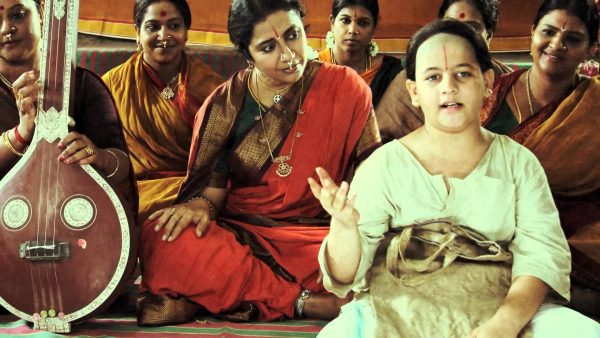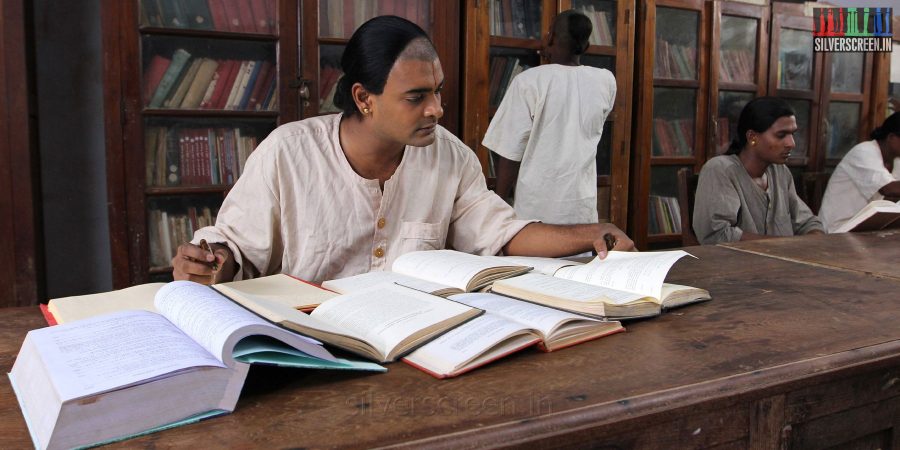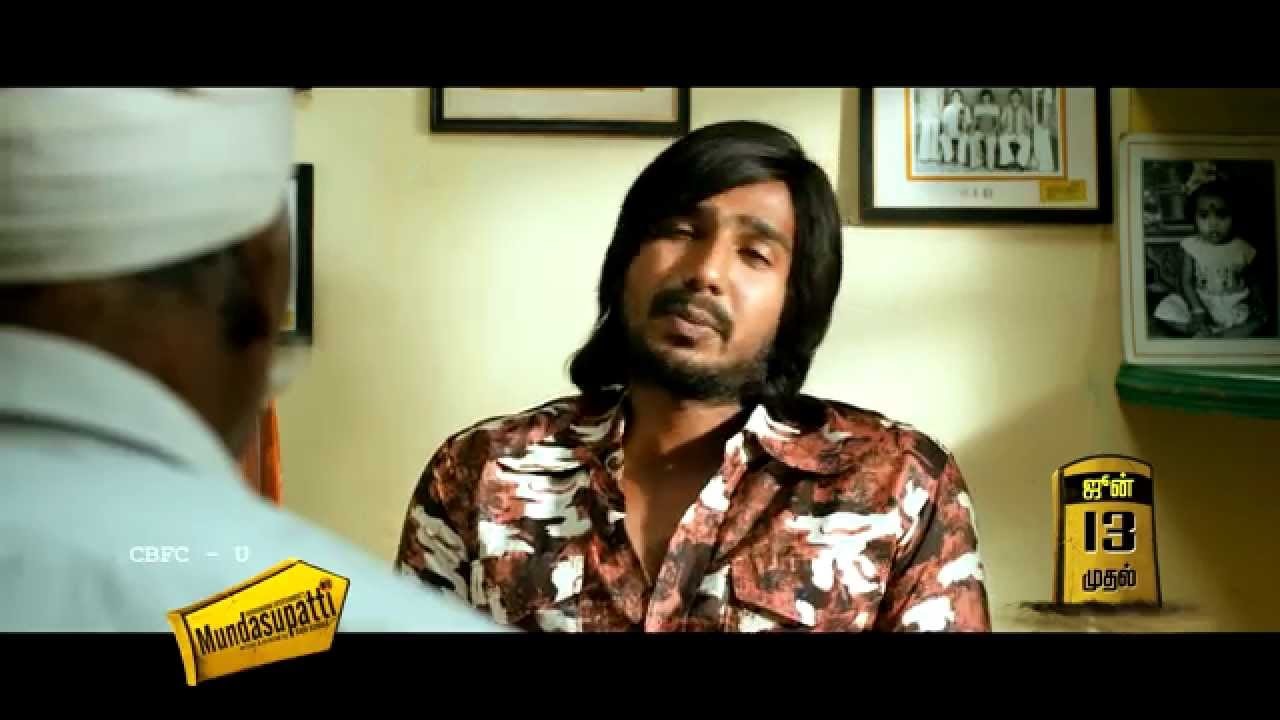When Ramanujan – a biopic on the famous mathematician, Srinivasa Ramanujan – ends, there’s this inexplicable sense of sorrow. He has just received the prestigious FRS from Trinity College, and immediately leaves Cambridge for home. He sails back for his health, which has worsened over five-years; a persistent cough that resists all treatment. He meets his mother (Suhasini as the ruthless Komalathammal) in Bombay, and they board a train back to Madras. A torrent of garlands and bouquets await him at the station. Komalathamma brims with pride. Look, she nudges him whilst inside the train, they’re all waiting for you. Ramanujan doesn’t seem to hear her, though. He quickly scans the crowd, turns to his mother, and asks “where’s Janaki?”
Abhinay Vaddi is extremely convincing as Ramanujan, portraying the mathematician’s eccentricity and sadness with sensitivity. He looks misunderstood and sad almost every moment; with a pall of gloom hanging over him at all times. He also carries Ramanujan’s awkward gait well; shuffling his feet this way and that, books in hand, tottering somberly along the sprawling campus – a lone figure lost to the world. A little while later, he pauses suddenly, leans over the side-walk, and talks to a flower. His disregard for appearance is carefully done, and so is his spiritual fanaticism (a product of the era he was born into) and general indifference towards everything else. He’s also eager for praise, barely offers a smile (except when in company of his wife) and breaks into noisy tears when he fails his FA exams. He can also sing. In an early instance, he goes straight to the temple from school where his mother is performing a kutcheri. She beckons to him, he takes his place beside her, and completes the hymn, while she looks on fondly. He had just finished telling his bewildered maths teacher (Delhi Ganesh) in school that zero does have value.[quote align=’right’]When Ramanujan ends – the last moment abruptly cut to a funeral pyre burning in earnest – there’s an overwhelming feeling of pity.[/quote]

Ramanujan Lyric Video Song
[quote align=’left’]Especially when one of the ‘foreign’ folk (was it Francis Spring?) uses a strange adjective to describe Ramanujan’s theorems. They are “adhiradi”, he says.[/quote]Ramanujan’s props are quite charming as well. There are those delightful copper tumbler-davaras, easy-chairs made of antique wood, a careworn chest-of-drawers and armoire – all set in a small dilapidated house; and in sharp contrast to that of Komalathamma’s rich (but beautiful) silk-cottons. They grow lovelier when Janaki (a pretty Bhama) arrives – Ramanujan’s young bride, nervous and dithering, bound to Komalathamma’s strict dictate. She calls her ‘amma’, cries to her about Ramanujan’s indifference and later, reluctantly gives in when her mother-in-law (in a spurt of jealousy) bids her to sleep apart. The romance here is quite subtle, and sometimes just silly – but then, what can one expect of a grown-man and his child-bride?
It is while in England, and also during those many moments when Professor Hardy (Kevin McGowan), John Littlewood (Michael Lieber) and other foreigners are on screen that the movie faces a setback. They speak Tamil; garbled and bizarrely accented that it feels like watching a dubbed version of a Hollywood flick. Especially when one of the ‘foreign’ folk (was it Francis Spring?) uses a strange adjective to describe Ramanujan’s theorems. They are “adhiradi”, he says.
Recommended
[quote align=’right’]Abhinay Vaddi is extremely convincing as Ramanujan, portraying the mathematician’s eccentricity and sadness with sensitivity.[/quote]But what Ramanujan does get right, are those beautifully crafted scenes of his spirituality. Which he steadfastly observes even when in England. A staunch Vaishnavite and a strict vegetarian, he subsists on canned food, all the while carefully studying the ingredients for the presence of ‘animal fat’. He also welcomes “Margazhi” with a hymn on his lips, in bare-chested glory. And it’s a chilly morning in Cambridge. When he ultimately returns to Madras, after being honoured with the FRS (he receives it somberly), Ramanujan is already dying of Tuberculosis. He returns home, is cared for by his wife and while on his death-bed, is deserted by the same, twisted set of spiritual beliefs and superstitions that he revered. His relatives abandon him, for fear of “dosham”, and so does the priest who is called in to perform his last rites.
When Ramanujan ends – the last moment abruptly cut to a funeral pyre burning in earnest – there’s perhaps, no sense of pride (as director Gnana Rajasekharan had nobly intended).
Only an overwhelming feeling of pity.
The Ramanujan review is a Silverscreen original article. It was not paid for or commissioned by anyone associated with the movie. Silverscreen.in and its writers do not have an advertising relationship with movies that are reviewed on the site.


